|
|
||
|
Pro Tools
FILMFESTIVALS | 24/7 world wide coverageWelcome ! Enjoy the best of both worlds: Film & Festival News, exploring the best of the film festivals community. Launched in 1995, relentlessly connecting films to festivals, documenting and promoting festivals worldwide. Working on an upgrade soon. For collaboration, editorial contributions, or publicity, please send us an email here. User login |
Robert Osborne: Keeper of OSCAR's Secrets Gone Nowby Quendrith Johnson, Los Angeles Correspondent Today, a familiar face left the Hollywood landscape as TCM host Robert Osborne, 84, died on Monday Mar.6, 2017. But he was much more than just another talking head about movies and movie stars. Osborne came to Tinsel Town from “off the farm,” as he recounted when we spoke about the Oscars history in 2011. Instead of penning a typical tribute, here’s a real inside look back at a man whose work in show business lives on. Ironically, he leaves us in the most controversial year ever for the Academy Awards as LA LA LAND was erroneously announced as Best Picture, later corrected as MOONLIGHT. In Osborne’s estimation, the only other Oscar controversy happened in 1947, exactly 70 years ago. His opinion on the two controversies, as to which one was more or less impactful — now or 1947 — would have been priceless. The following in-depth chat is from a FilmFestivals Jan. 17, 2011 interview, when Robert Osborne (1932-2017) discussed the Oscars history and his own personal journey on the way to becoming one of the most recognized faces to cover the Academy Awards presentation and Hollywood lore on TCM and on the red carpet. Enjoy this look back at a man, once an actor, who became a different kind of screen legend as the charismatic and lively host of Turner Classic Movies, among other contributions to the entertainment industry as an author and Hollywood insider. ARCHIVE: When the Academy of Motion Pictures Arts and Sciences award show premiered in 1928, the industry was barely 31 years old. Known as The Official Biographer of The Academy Awards, as well as the honorary red-carpet greeter for the Academy, the man who refers to himself as "coming to Hollywood off the farm" will unveil insider moments about these films as he unspools some of the greatest pictures ever made. Recently he gave us a private glimpse into his personal life as well as his professional path leading from his 1965 start chronicling the movies up to his present life as a man inextricably tied to the Golden Statuette. QUENDRITH JOHNSON: Since you are the official biographer of the Oscar, how is this year different leading up to the Oscars? ROBERT OSBORNE: It is certainly a different Oscar game now than in the years when all the stars were well-known to the public. In 1951, they all knew who Humphrey Bogart was, who Marlon Brando was, and Montgomery Clift. It made the Oscar race very interesting because you had all these stars competing against each other. Today we have a lot of films come out with a lot of different people we've never really known before, or seen before. So we're being introduced to these films [and stars], and it's a little hard to get people excited about the awards when they don't know quite who the players are. For us, with programming at TCM, it is wondeful because it gives us a chance to bring out all these films. Many of which won Oscars and are nominated in categories people are not aware of -- so we have this wide mix of films (with history) people are not that aware of. Not only the famous ones, like the LAWRENCE OF ARABIA's and CASABLANCA's, but films that are still worth seeing and fun to see. For us, it is like a whole month full of desserts. Great movies to resee, if you haven't seen them before. It also gives us a chance to show films we haven't shown before. This year we are showing the LORD OF THE RINGS: RETURN OF THE KING, which won the Academy Award in 2003. And we go all the way back to WINGS, which was the first movie to win an Academy Award back in 1927. QUENDRITH JOHNSON: Was that Clara Bow? ROBERT OSBORNE: Yes, it was Clara Bow and Gary Cooper. We have a whole mix from FORREST GUMP to PRETTY WOMAN to KISS OF THE SPIDER WOMAN. QUENDRITH JOHNSON: That's great movie. What are your Top 5 Oscar all-time favorites? I know that's tough. ROBERT OSBORNE: My two favorites are movies that never won any Oscars, but were certainly nominated. SUNSET BOULEVARD, and A PLACE IN THE SUN. But as far as (winning Best Picture), GONE WITH THE WIND would be in there, FROM HERE TO ETERNITY, AN AMERICAN IN PARIS -- because it always makes me feel good and lively. GODFATHER would be in there. That's four. And maybe LAWRENCE OF ARABIA. QUENDRITH JOHNSON: Is it true that you first came to Hollywood as an actor, and that Lucille Ball was your mentor? ROBERT OSBORNE: I was. When I first came out to California, it turned out to be a big break for me. She had 12 people under contract. She got to know us all over a two-year period. She knew I loved to write, and old films. At that point, there was really not a lot of interest in them. She said "you know, I think we have enough actors. Why don't you try writing about the business? I know you would be fine as an actor, but I don't think it will make you happy." She said "I think writing and researching about old films will make you happy." I did listen to her because there was nothing to gain from giving me advice like that. I think you have to be careful who you get advice from because they may be giving you advice to help them in some way. She encouraged me to write a book right away, because she said "if you write a book, and you are competing for a job, a writing job, you'll be ahead of other people." QUENDRITH JOHNSON: She was so pragmatic, you know? ROBERT OSBORNE: Very smart, too. She said "If you've written a book. They will realize you have the dedication. A lot of people say they want to write a book, but few have the discipline to actually do it. If you do it, you will get the job." She had great advice like that. QUENDRITH JOHNSON: You've had so many powerful leading ladies in your life. I think Bette Davis wrote the foreword to your first Academy Award book in 1965? ROBERT OSBORNE: I learned wonderful things from her. She became a great friend of mine. I went out to California at a great time, at time when people like Bette Davis, and certainly Lucy and others, were available. They weren't working as much as they used to. If I had come out 10 or 15 years earlier, they all would have been very busy working on their careers. So they had time to talk to somebody like me, off the farm and coming to Hollywood. QUENDRITH JOHNSON: What's your favorite Bette Davis story, a personal moment with her? ROBERT OSBORNE: The biggest thing about Bette Davis was that she was nothing like the character Margo Channing in ALL ABOUT EVE. She was a homemaker, a very New England lady, a great friend, a cook, she liked other women. So she wasn't competitive with women. She could very easily sit in a living-room with a lot of people and she didn't have to be the center of attention. She liked going to parties, all that stuff. It got complicated later when she got cancer and wasn't feeling well. She got very difficult to be around then. But she was such a nice lady when she was in good health, one certainly put up with that. She was great to be around. She was very bright and had good common sense. I liked her very much. QUENDRITH JOHNSON: So far you've also had close relationships with the children of stars, like Pia Lindstrom (Ingrid Bergman's daughter), and I know you are friends with Liza Minnelli -- ROBERT OSBORNE: I knew their mothers too. QUENDRITH JOHNSON: I'm going ask you a Judy Garland story then, may I? ROBERT OSBORNE: There was a period of one week where there seemed to be a lot of parties going on. I somehow got on this list. At every party, Judy Garland was there, and would eventually move over to the piano and start singing. I knew she was Judy Garland, and I liked her. But it never occurred to me that -- 50 years later -- she would be this icon that everyone would still be talking about. But that night, I was trying to have a conversation in the other room. To me, at this one party, she was singing so loud, I thought "God, I wish she would be quiet." I'd heard her singing in the living room two or three times earlier that week. QUENDRITH JOHNSON: You should have yelled "Cut!" ROBERT OSBORNE: What was I thinking, it was Judy Garland. Now I think I should have been at her feet. QUENDRITH JOHNSON: Did you tell Liza that, she probably thinks that is hilarious? ROBERT OSBORNE: No. I've never told her that. Actually her mother is somebody I don't talk to her a lot about because Liza has always been very careful to not in any way tread on her mother's legacy -- or not to have anyone perceive in any way that Liza is cashing in on her mother. QUENDRITH JOHNSON: She's phenomenally talented, from CABARET on, so she's got the pipes anyway. ROBERT OSBORNE: Oh yeah. She is. She's great. I like her a lot. But again, with people like that, I am very sensitive that sometimes the only thing people talk to her about is Judy Garland. QUENDRITH JOHNSON: With this year's 31 Days of Oscars, do you also make reference to what also might be in contention, like Natalie Portman and BLACK SWAN, for example? ROBERT OSBORNE: Not too much, because the nominations haven't come out yet. What we are talking about here is Oscar's history. People are coming to watch CASABLANCA, not to talk about Natalie Portman. We're really talking about the Academy Awards process, why a certain film won and some interesting stories about those films. QUENDRITH JOHNSON: What are some of the unknown things, you will share?
ROBERT OSBORNE: You'd have think of a movie... QUENDRITH JOHNSON: How about BONNIE & CLYDE for example? That year, HEAT OF THE NIGHT won. But we remember BONNIE & CLYDE as a start of a trend. Did that seem like an unusual year? ROBERT OSBORNE: Yes. And. You have to put that in the context of its times. When BONNIE & CLYDE came out, in 1967/68, it was a very rude picture. That was a very violent film for that time. There were a lot of people who didn't like that movie. QUENDRITH JOHNSON: Pauline Kael (legendary film critic) saved that movie, single-handedly championed that film, rang the bell for BONNIE & CLYDE, didn't she? ROBERT OSBORNE: It does have to do with the times. IN THE HEAT OF THE NIGHT was a very well-made film, with a distinctive actor who had never won an Oscar before. It had great acting in it. BONNIE AND CLYDE was way too violent to be seriously considered for that time. You still had people in the industry who were making films back in the 1940's. It was quite a jump for people. A movie like BONNIE & CLYDE is important because it helped the advance of the screen, the kind of subjects being told. But it's like today. There are movies being told that won't even get an Oscar nomination because they are considered too far out. Someday people will look back and say "why didn't that get more attention?" QUENDRITH JOHNSON: What's the biggest Oscar upset of all time, in your opinion? Biggest shock? ROBERT OSBORNE: The biggest shock was probably 1947, when Loretta Young won for FARMER'S DAUGHTER. All the awards that year had gone to Rosalind Russell. So much so, it was such a foregone conclusion, that RKO was giving that movie a big party for Rosalind Russell at Ciro's. They even had big banners up saying "RKO Salutes Ros." This was before television. Rosalind was actually on her feet adjusting her dress at the Shriner auditorium to walk down the aisle when they opened the envelope and read the name "Loretta Young" She was the least likely. I think they took a poll and Rosalind Russell was the big favorite, then it was Susan Hayward in SMASH UP; Joan Crawford in POSSESSED. RKO luckily had produced Loretta Young's film -- so they wiped Rosalind Russell's name off the cake, took down the banners! QUENDRITH JOHNSON: In the Modern-ish era, what about MY COUSIN VINNY, that Marisa Tomei was not supposed to win? ROBERT OSBORNE: There was a rumor went around that Jack Palance, when he read off her name, said it, but it wasn't the name of the winner. But that couldn't be true. Because they knew, the minute the Academy Awards went on television -- that this being live -- some mischief could happen. Someone being funny or whatever. From the time this has been on TV, since 1953, there are two members from the polling house, standing on each side of stage, who know who the winner is beforehand. If there is a mistake, misread, or some such thing, these two men are instructed to cue the director, walk to the center of the stage, come to the podium and say "there's been a mistake. The winner in that category is..." They never embarrass the person coming down the aisle. QUENDRITH JOHNSON: As far as the name "Oscar," how it got the name, Bette Davis was always famously known for saying that she named it for her first husband? What's the truth? ROBERT OSBORNE: The Oscar is a warrior, a nude statue, standing on a reel of film. She always said it looked like her husband when he got out of the shower. That he had the rear-end of Oscar. There was a woman named Margaret Herrick, a secretary -- QUENDRITH JOHNSON: Right, I know who she was, now there's the Margaret Herrick Library at the Academy.
ROBERT OSBORNE: Well, she claimed she named it for a cousin of hers. A columnist claimed he named it "Oscar" after an old Vaudeville joke, because he had gotten tired as a writer, writing about "The Golden Statuette of the Academy." I've talked to Bette about that. Whoever started it, it was around 1935, when Bette Davis won for DANGEROUS. That's when that word came into play. It is strange about things, you can have an idea, and once you speak the idea, somehow it gets out in the air and someone can catch it. QUENDRITH JOHNSON: You are so right! ROBERT OSBORNE: It's like story ideas, never speak of it, because someone is liable to get it. Hats off to the gone-but-not-forgotten Robert Osborne. # # # 07.03.2017 | Quendrith Johnson's blog Cat. : 89th Oscars Academy Awards Hollywood legend Lucille Ball Oscars Red Carpets robert osborne PEOPLE
|
LinksThe Bulletin Board > The Bulletin Board Blog Following News Interview with EFM (Berlin) Director
Interview with IFTA Chairman (AFM)
Interview with Cannes Marche du Film Director
Filmfestivals.com dailies live coverage from > Live from India
Useful links for the indies: > Big files transfer
+ SUBSCRIBE to the weekly Newsletter Deals+ Special offers and discounts from filmfestivals.com Selected fun offers
> Bonus Casino
User imagesAbout Quendrith JohnsonThe EditorUser contributions |


















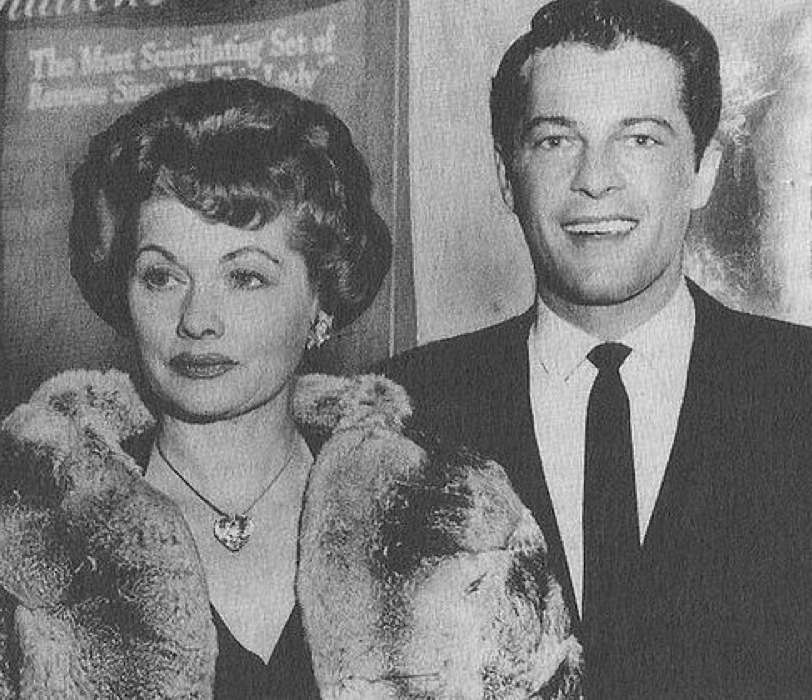
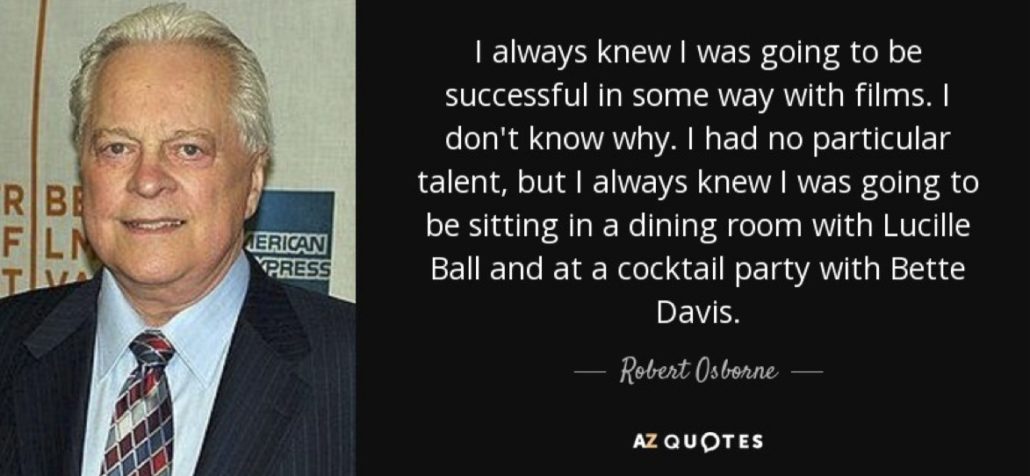
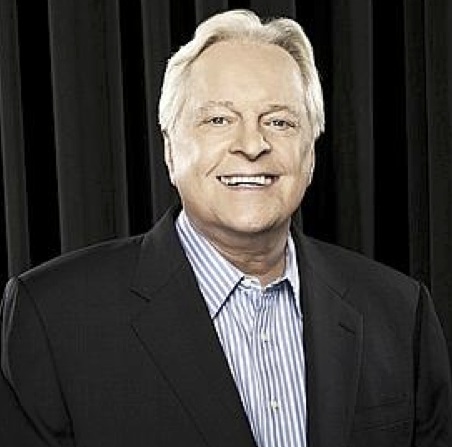

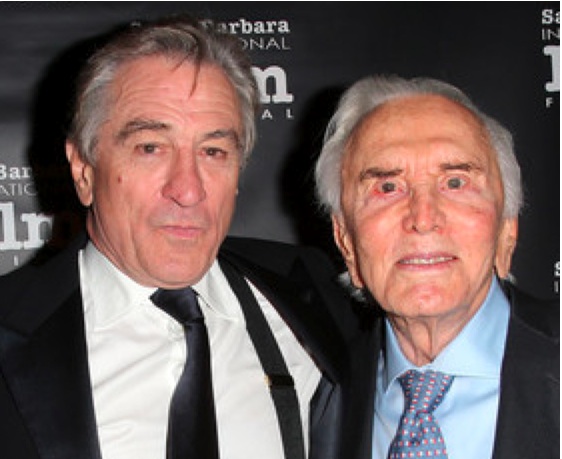
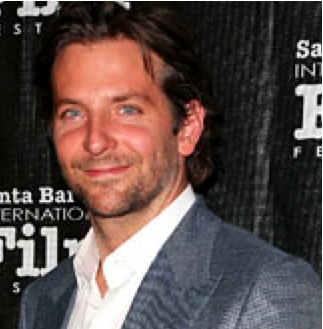
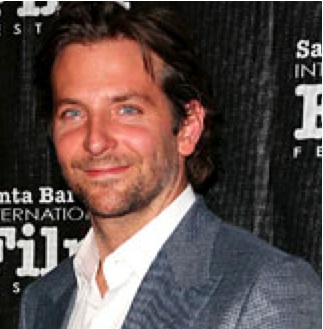

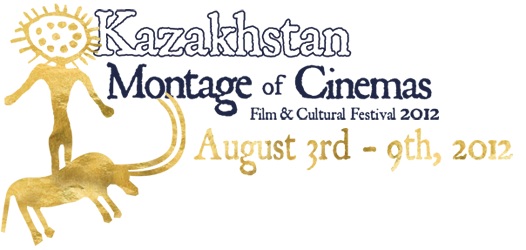
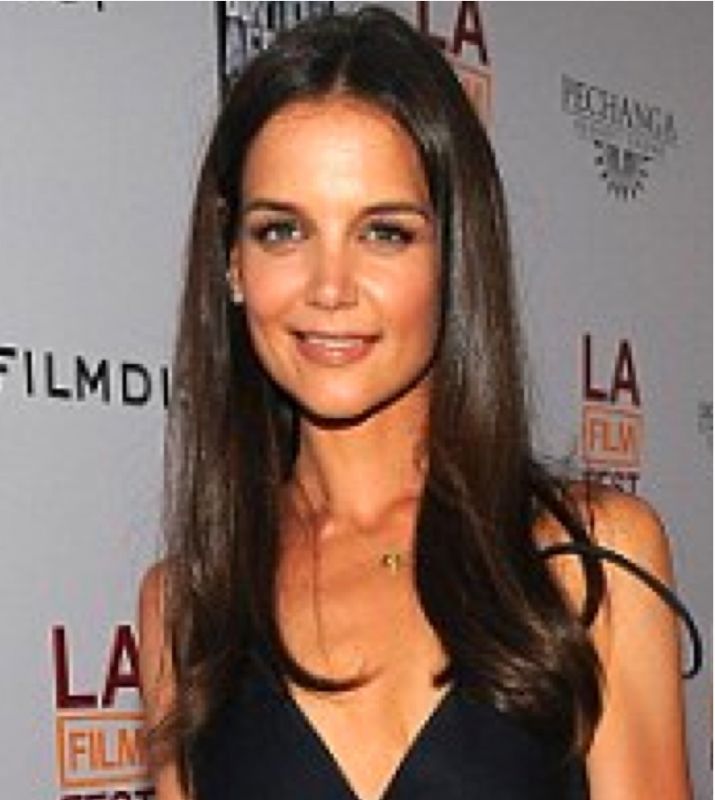
 Johnson Quendrith
Johnson Quendrith 


